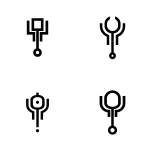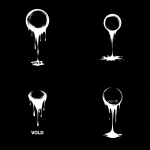Explore the Best AI Image Gallery
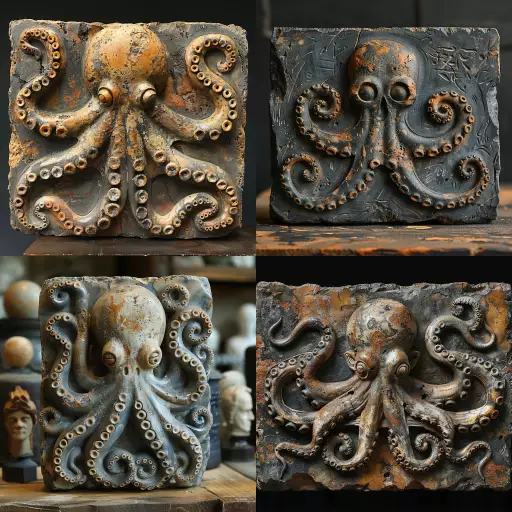
The Algorithmic Brush: Navigating the Ethics of AI-Generated Media
The realm of creativity is undergoing a seismic shift as artificial intelligence (AI) advances at an unprecedented pace. No longer confined to the realm of science fiction, AI-generated media – encompassing text, images, audio, and video – is becoming increasingly sophisticated, blurring the lines between human and machine creation.
A New Canvas for Creativity
AI tools are empowering creators in novel ways. Artists can leverage algorithms to generate unique visual concepts, musicians can compose original melodies, and writers can overcome writers block with AI-assisted brainstorming. This democratization of creative processes has the potential to unleash a wave of innovation and artistic expression.
The Promise: Enhanced Creativity and Efficiency
- Concept Generation: AI can rapidly generate numerous ideas, helping artists overcome creative roadblocks and explore unconventional concepts.
- Style Transfer: Algorithms can apply the artistic style of one master to a new image, enabling unique reinterpretations of existing works.
- Personalized Content: AI can tailor content to individual preferences, creating immersive experiences that resonate with specific audiences.
Navigating the Ethical Labyrinth
While the potential benefits are undeniable, the rise of AI-generated media also raises profound ethical concerns that demand careful consideration:
Copyright and Ownership
Who owns the copyright to AI-generated works? Is it the creator who provides the input, the developer of the AI algorithm, or the AI itself? Establishing clear legal frameworks for intellectual property rights in the age of AI is crucial.
Bias and Discrimination
AI algorithms are trained on vast datasets, which can inadvertently perpetuate existing societal biases. This can result in AI-generated content that reinforces stereotypes or discriminates against certain groups. Addressing bias in training data and developing mechanisms for fairness evaluation are essential.
Transparency and Accountability
The decision-making processes of complex AI models can be opaque, making it difficult to understand how they arrive at specific outputs. Promoting transparency in AI development and establishing clear lines of accountability are crucial for building trust and ensuring responsible use.
Shaping the Future: A Collaborative Approach
The ethical implications of AI-generated media require a multi-stakeholder approach involving artists, technologists, policymakers, and the general public. Open dialogue, ongoing research, and the development of ethical guidelines are essential to navigating this uncharted territory.
AI has the potential to revolutionize creative industries, but it also presents significant challenges. By fostering collaboration, promoting transparency, and addressing ethical concerns head-on, we can harness the power of AI while safeguarding the integrity and human essence of creativity.
](https://images.ai-img.art/thumbnails/150/c04f7210bb9d35279503ff64ad44a9826d6909838f777fb1edd0fdece2ac7c70.webp)

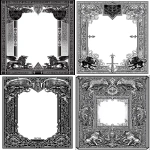
](https://images.ai-img.art/thumbnails/150/f1cbba604c7411267acd95acaa4746a5ee006a25ade5e596a9501884b384e1dd.webp)
](https://images.ai-img.art/thumbnails/150/55e9c8ac48f7ca1311ec4a843e2616aa87c73e2217901ac138d198afb0b4f1db.webp)
](https://images.ai-img.art/thumbnails/150/78a1311461ccc4b60dd1430d56ee04b3b5612a3145aef0a32196168d5489fdf3.webp)

](https://images.ai-img.art/thumbnails/150/9ad2f4d771346182f4c9b6d1712edfd0b6b776f37b75dac606a8e03b1bd2dc47.webp)
](https://images.ai-img.art/thumbnails/150/89d86a1c20e8844b6d4ce23cf0e6ae10c19923617b6be16cac5d3cc513bf9c4e.webp)
](https://images.ai-img.art/thumbnails/150/4d725f4d5380eb583bdebf0aad4c789acd6782398b4050f01f350a939dd4c2af.webp)

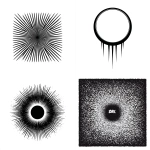
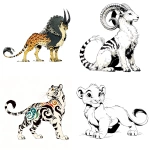


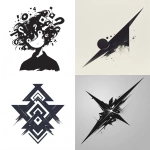
](https://images.ai-img.art/thumbnails/150/5b3fca49762c8c532ff70f250ca3b5900bac75be98d6c82f8f7a220465ad534a.webp)
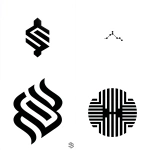
](https://images.ai-img.art/thumbnails/150/f9928aee79da6b2028ac7a7129ac30e6475a85d5300661776fde267c2da839ab.webp)
](https://images.ai-img.art/thumbnails/150/8884a7a8953b23d6c882f33524c10e09d320bbce4f305f2c7e79c402d82c1760.webp)
](https://images.ai-img.art/thumbnails/150/03de477e462377e62b34fea23ab1cbf6d4557f4077cc8bed9f23388af1200721.webp)
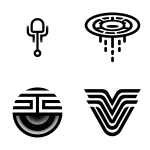
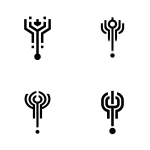
](https://images.ai-img.art/thumbnails/150/cc8f7b8338e849e1e11a902ac51eda96c8f710e5d829c5b4d57b56fa05d28e95.webp)
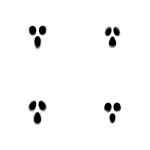
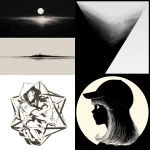
](https://images.ai-img.art/thumbnails/150/45d068cbdc39002eccc21e2169438a3c142426219fda8c9e027c536cdf66811e.webp)
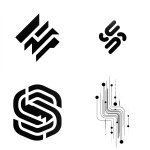
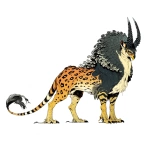
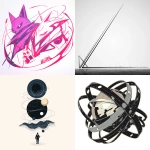
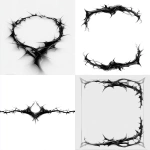



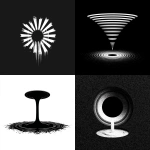

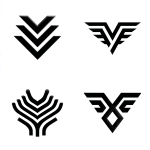
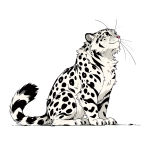



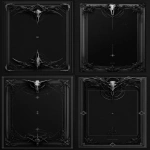

](https://images.ai-img.art/thumbnails/150/bbf691f1c69e4801062c68d0435463c5bf76258e3984fbe3cc25e9e46174cf88.webp)
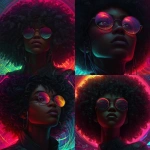

](https://images.ai-img.art/thumbnails/150/16ec42833d204af37c75cc776a794c54661cbfe1061c899680a4976a7f74cd51.webp)
